“Мегаделото КТБ” се крепи на широко пропагандирана “международна експертиза”, чиято значимост е подчертавана многократно и в обвинителния акт, и в публичното пространство.
В съчинението на прокуратурата, наречено “Моделът КТБ”, мащабно разпространено от почти всички медии, заключенията на “международната експертиза” са цитирани най-малко петдесет пъти.
По време на пресконференцията през юли 2017 г., посветена на внасянето на делото “КТБ” в съда, наблюдаващият прокурор по делото Иван Гешев сравни усилията си с кацане на Луната с дизелов двигател и отбеляза:
“Това дело ще се реши от експертизите… Свидетелите са бонус към ситуацията”.
След изпадането си в немилост и освобождаването си от поста на “главен прокурор” заради нарушаване на престижа на съдебната власт, същият Иван Гешев продължи да разказва небивалици за въпросната “експертиза”. В интервю за предаването на Сашо Диков по телевизия “Евроком” през 2023 г., Иван Гешев даде разяснения защо не е разпитал “основния обвиняем” Цветан Василев:
“Г-н Цветан Василев няма какво да ми каже, защото тези, които са направили експертизата… за пръв път в България, са едни от между десета и двадесета компания, международна одиторска компания. Казва се “Бейкър Тили”. Те са проследили всички движения. Няма какво да ми каже г-н Цветан Василев”.
Дори предубенените репортери на “Клуб-З”, обаче, установиха, посещавайки заседание по делото “КТБ” по-рано този месец, че мистериите около “експертизата” продължават да се множат, защото никой не иска да я защити в съдебна зала. Авторите й са потънали вдън земя, фирма “Бейкър Тили” твърди, че няма нищо общо с експертизата, а директорите на “Бейкър Тили-Кипър”, които уж само са предложили експертите, разиграват съдия Виржиния Петрова с месеци. До такава степен показват неуважение към съда и към нея персонално, че Петрова, която е известна с пристрастията си в полза на прокуратурата, беше принудена да им наложи глоба и да ги “заплаши” с принудително явяване пред съда.
“Мистерия”, обаче, е евфемизъм в контекста на делото “КТБ”, защото все повече факти и обстоятелства водят до извода, че “международната експертиза” нито е “международна”, нито е “експертиза”. Тя е продукт на заговор между прокуратурата и героични креативни счетоводителки от България, който е представен за “заковаващо” доказателство пред съд – тоест, тя самата е доказателство, което може да формира обосновано предположение за серия престъпления (срещу правосъдието, по служба и пр.).
За обосновано предположение за заговор говорят както договорът между “Бейкър Тили” и прокуратурата, на който лежи подписът на Сотир Цацаров, така и серия прокурорски постановления, свързани с “експертизата”, на които седят подписите на Иван Гешев и Евгени Стоянов.
В този кратък пост ще ви обясня защо “международната експертиза” е хем манипулирана, хем фалшифицирана. Тя е изначално замислена като документ с невярно съдържание, в нарушение на българското и международното право, и е подписана от хора, които не са същинските й автори.
Read More
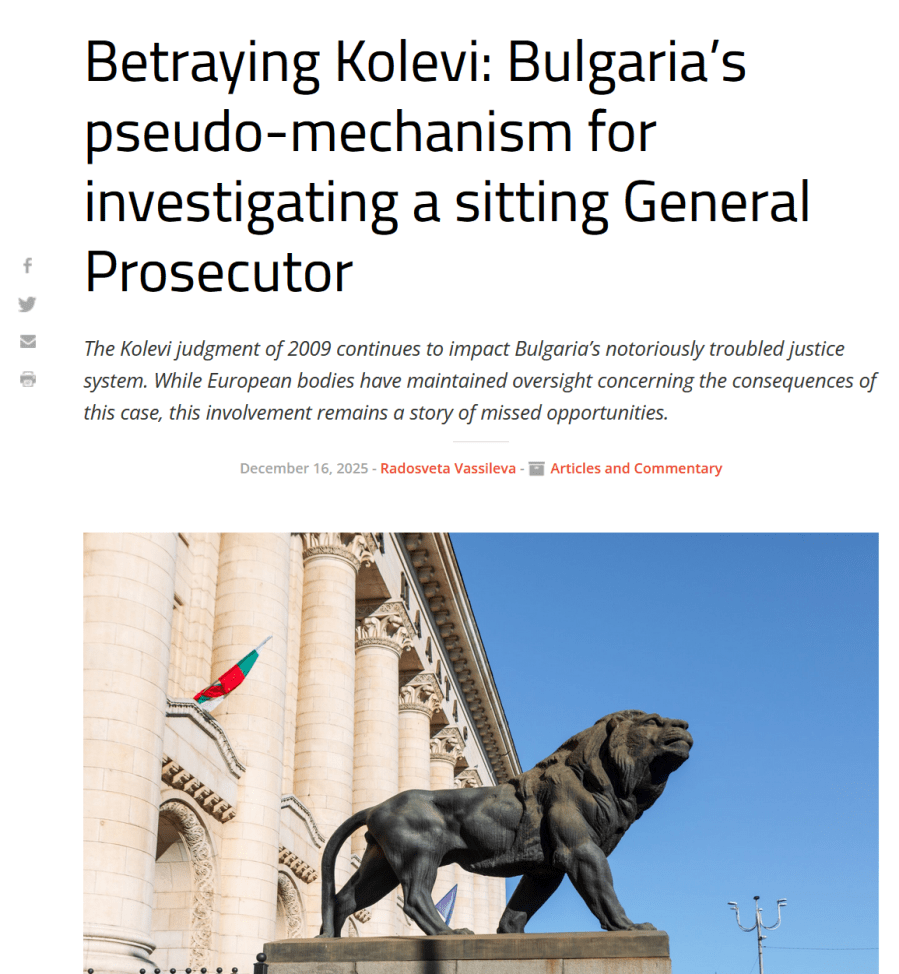
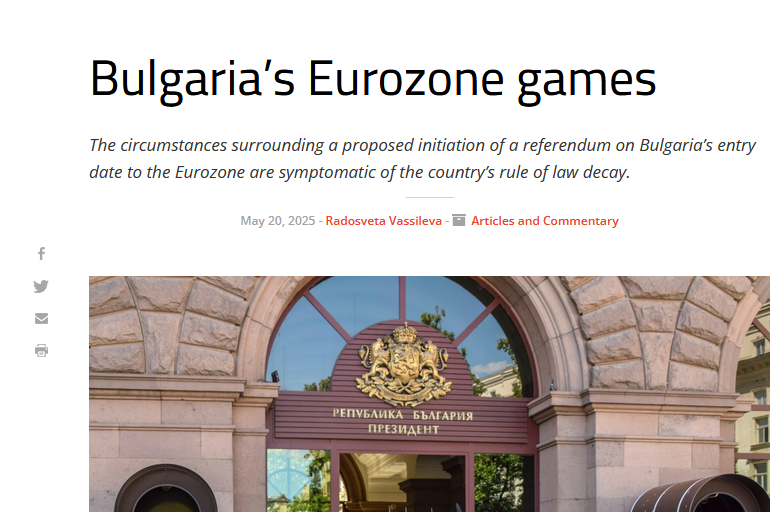
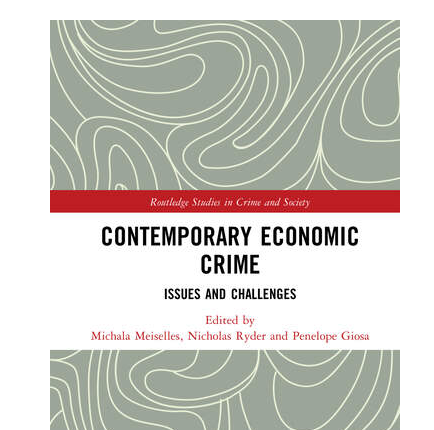
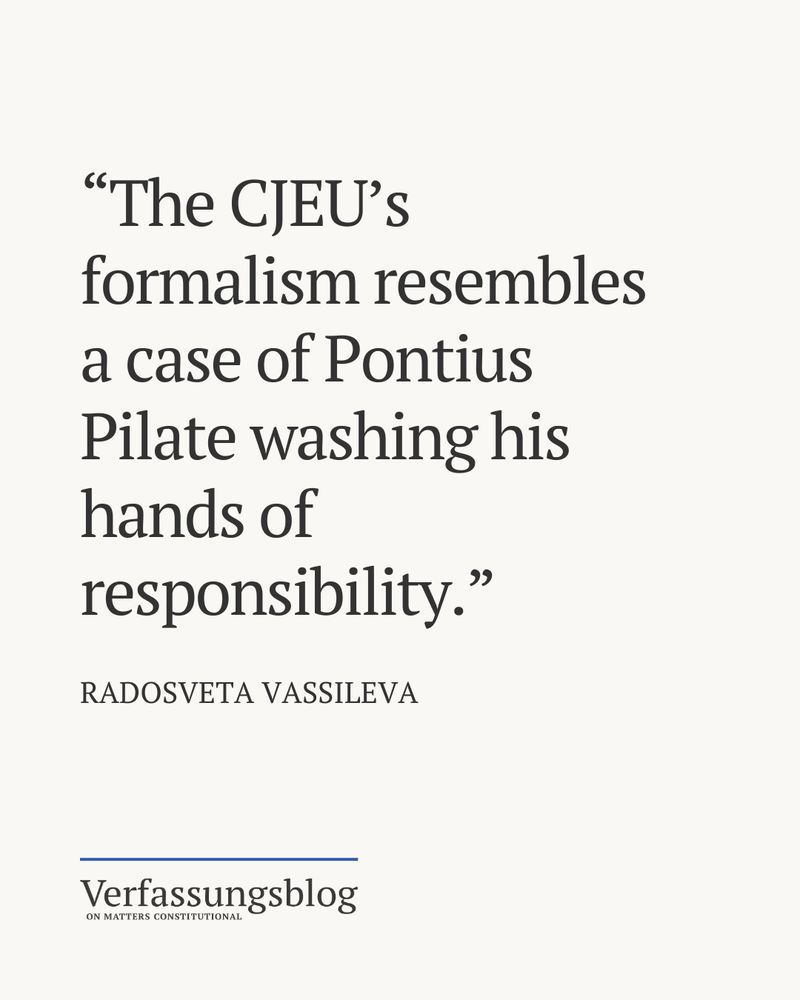
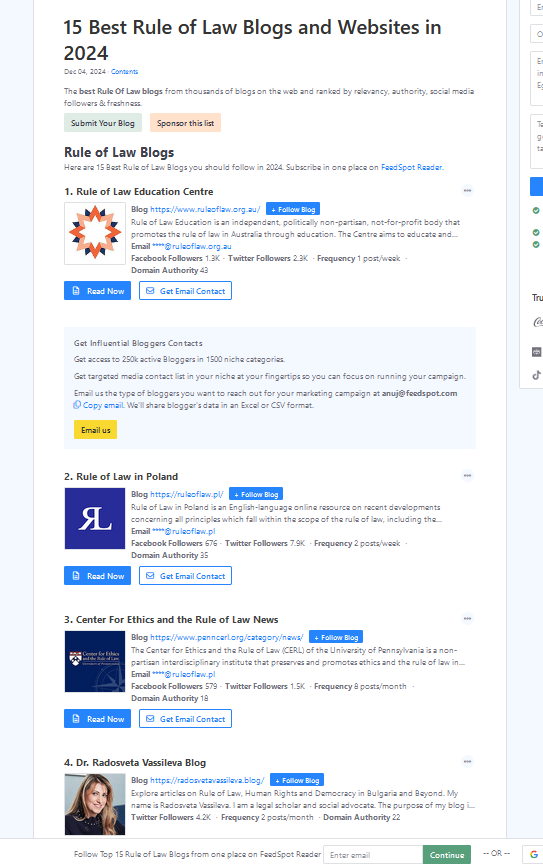

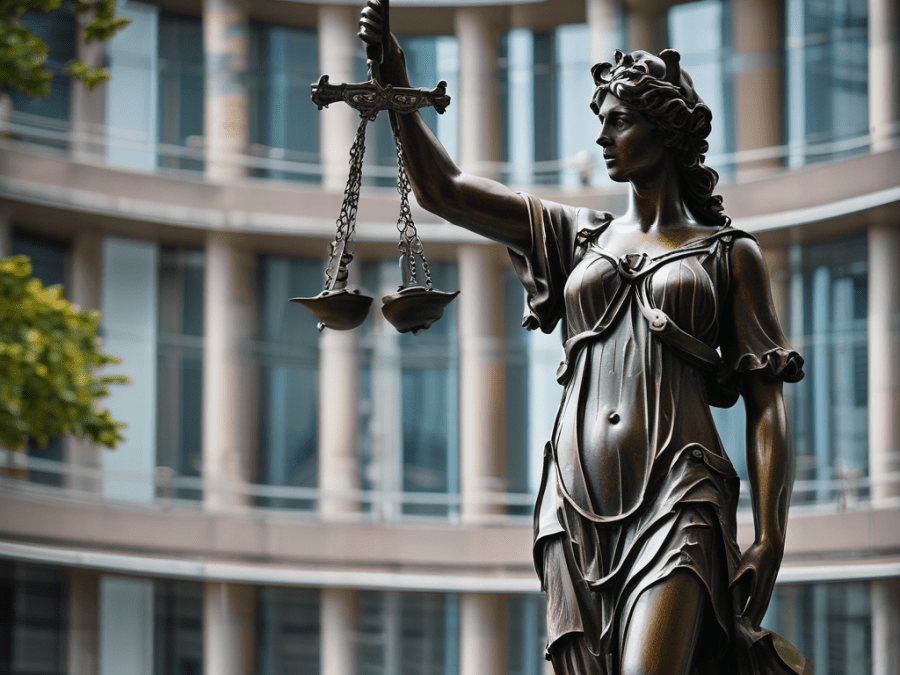
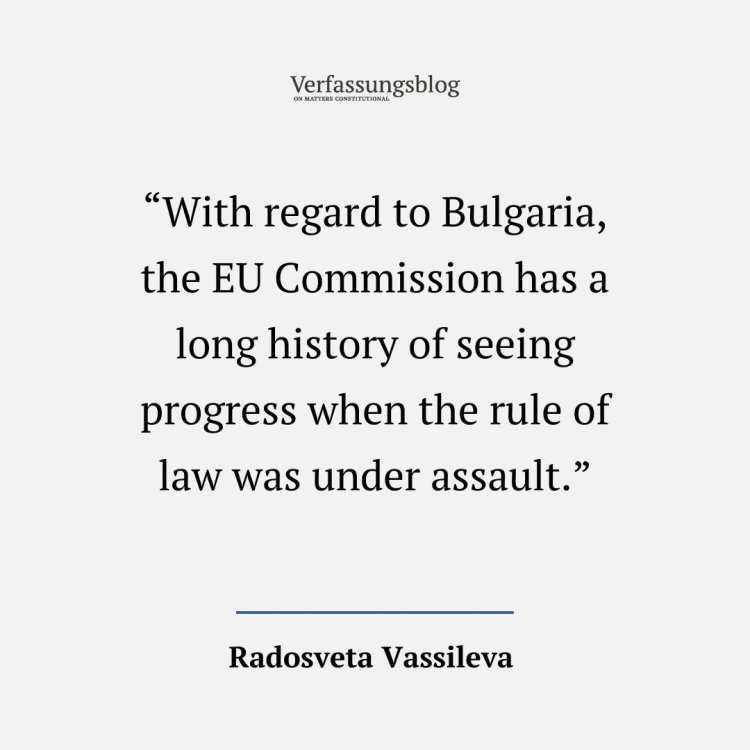

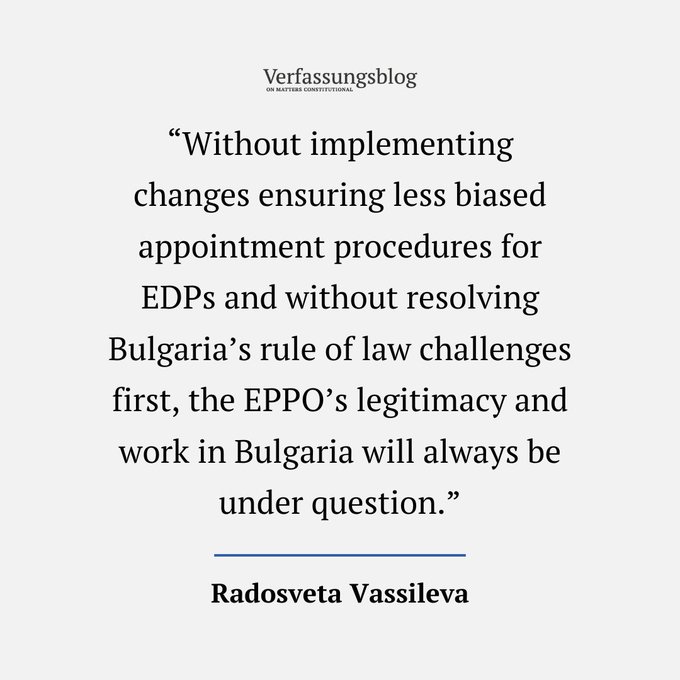

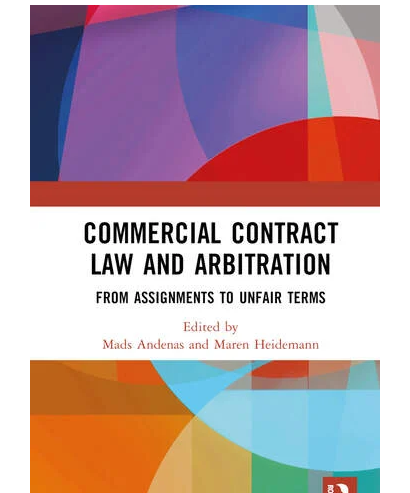
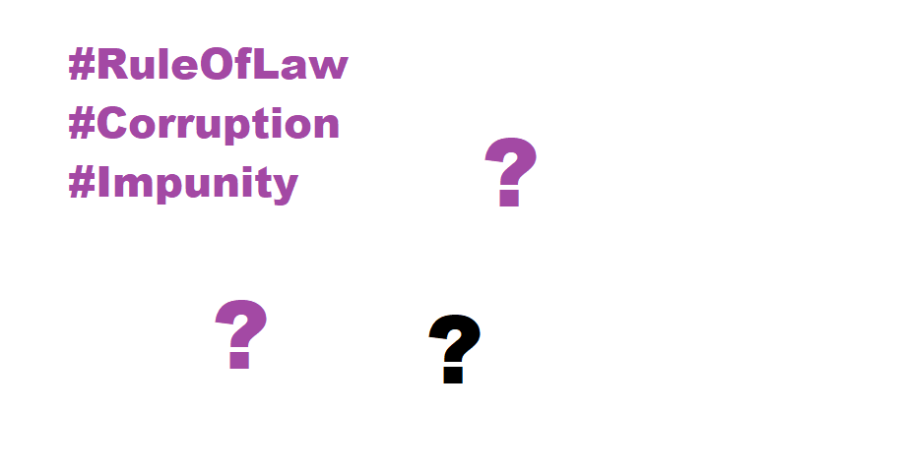

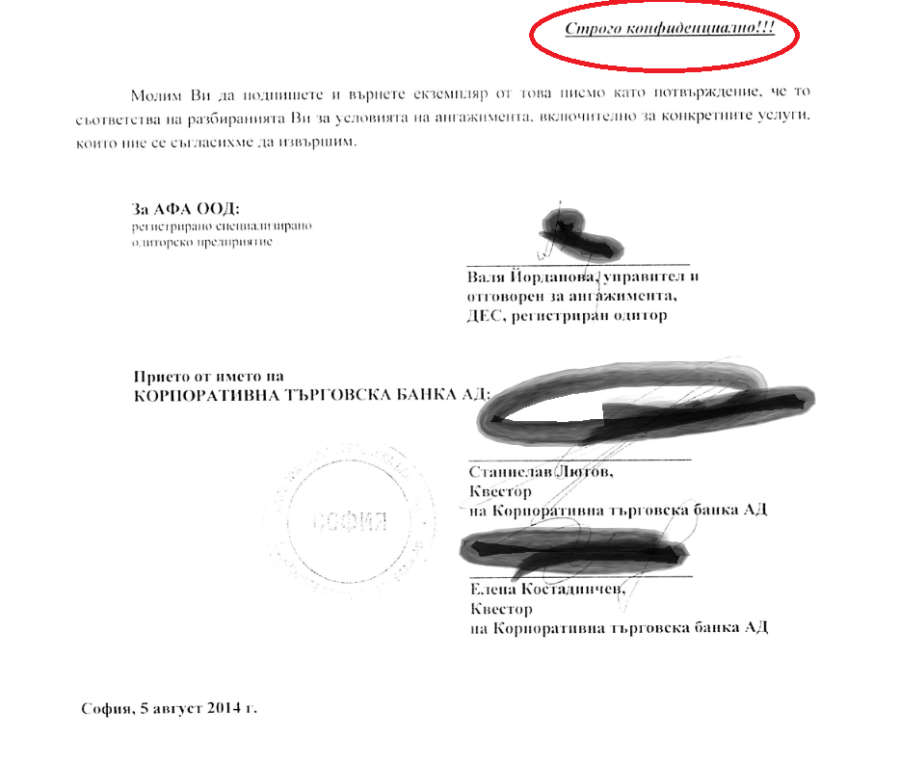
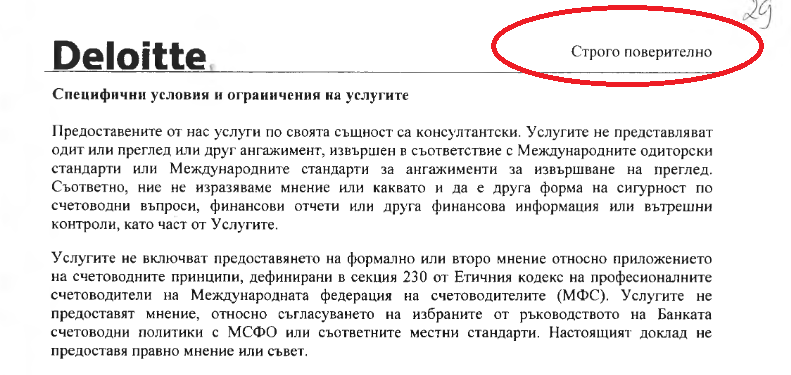
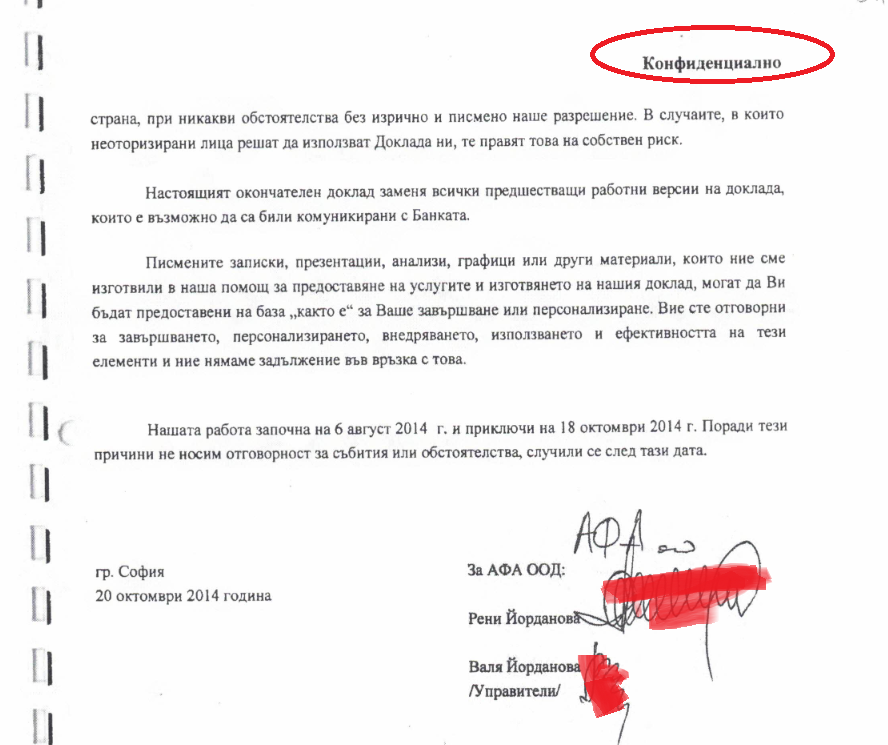

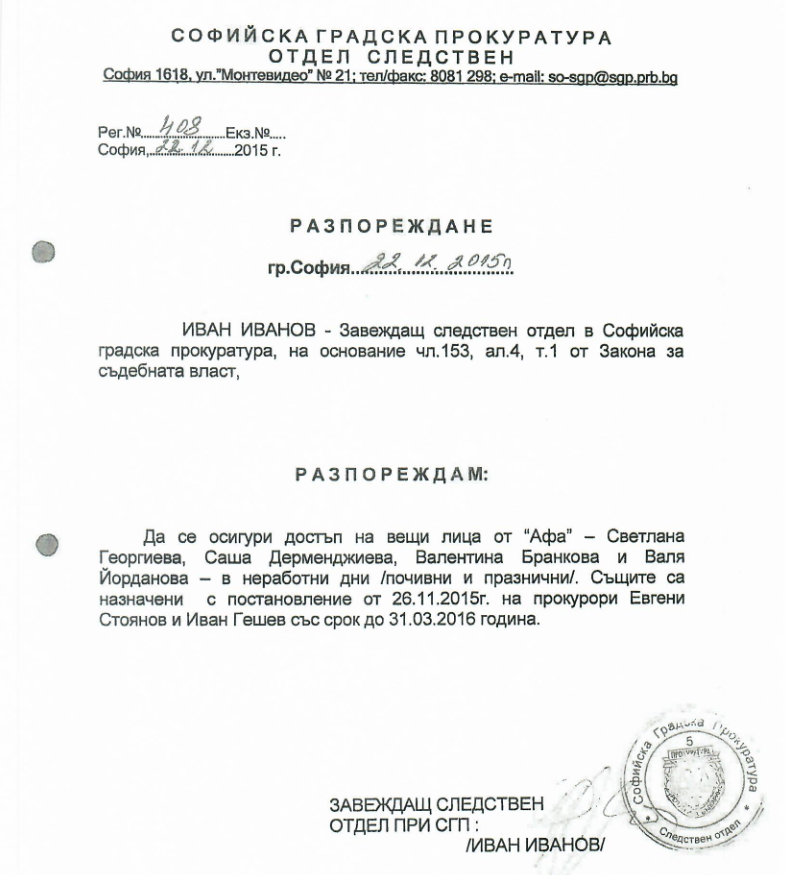


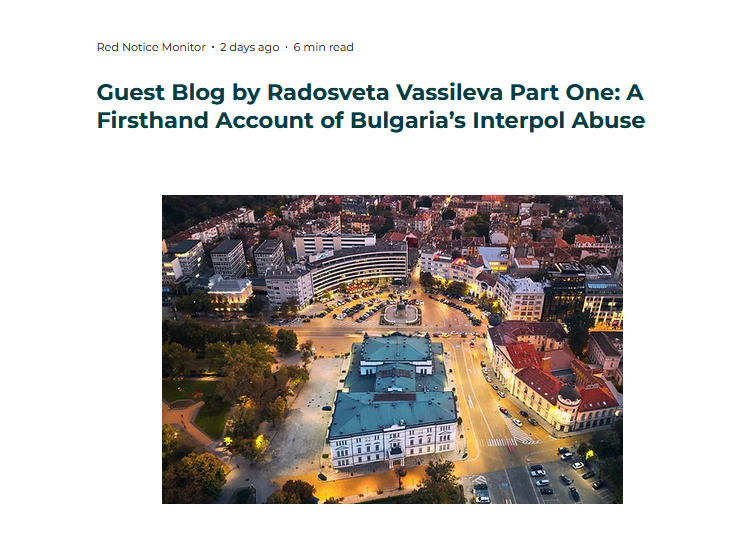
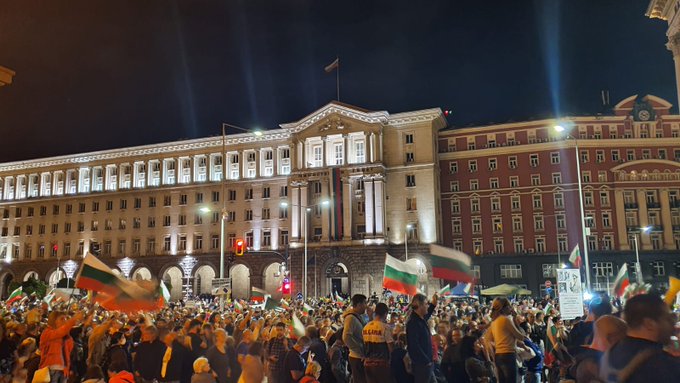
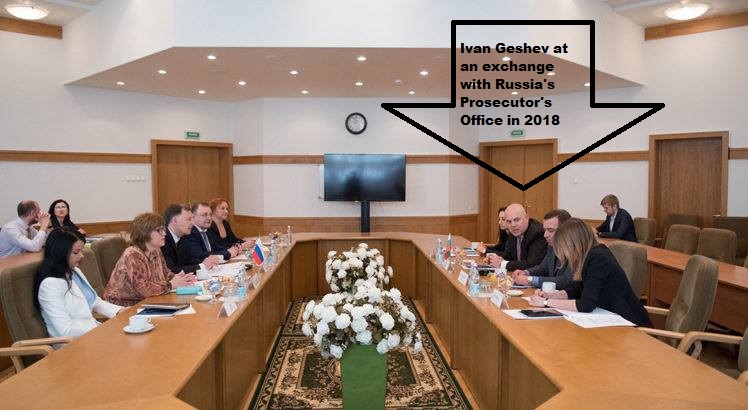

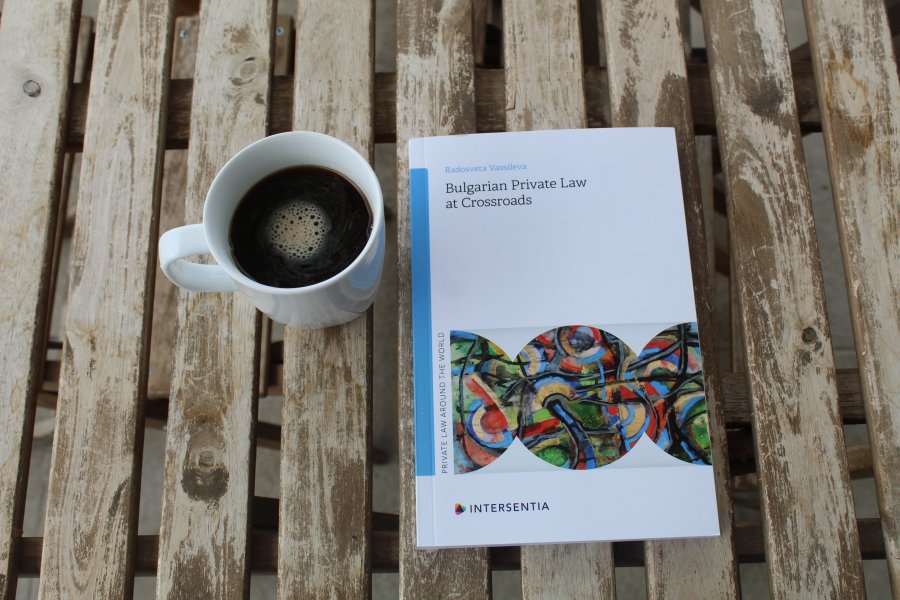
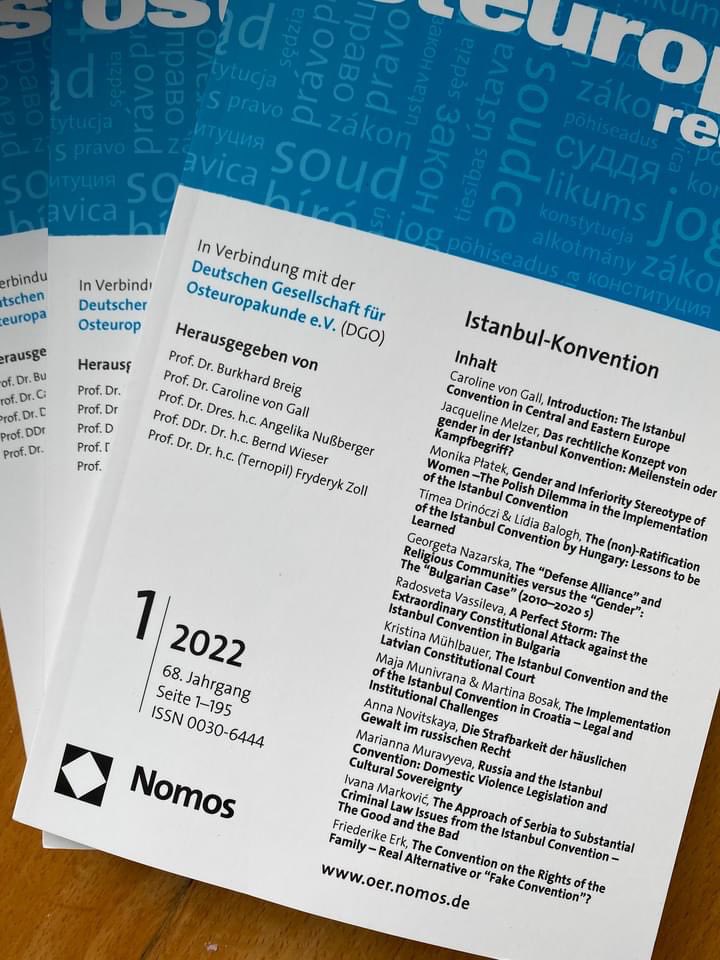


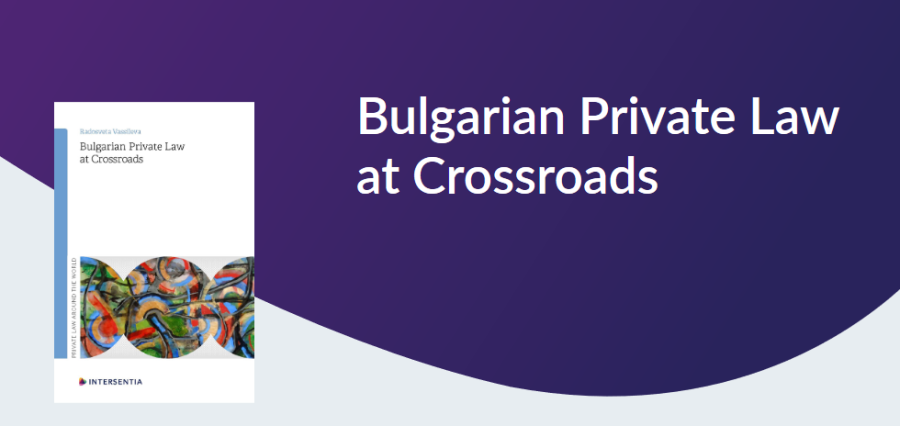
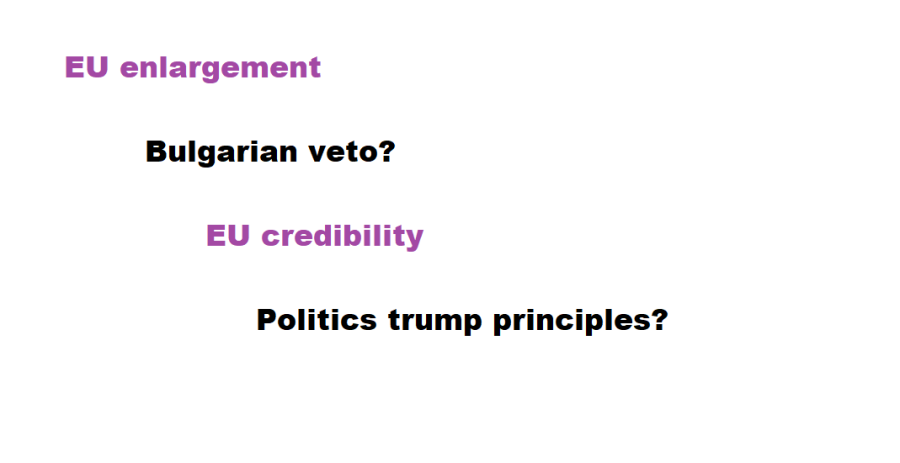

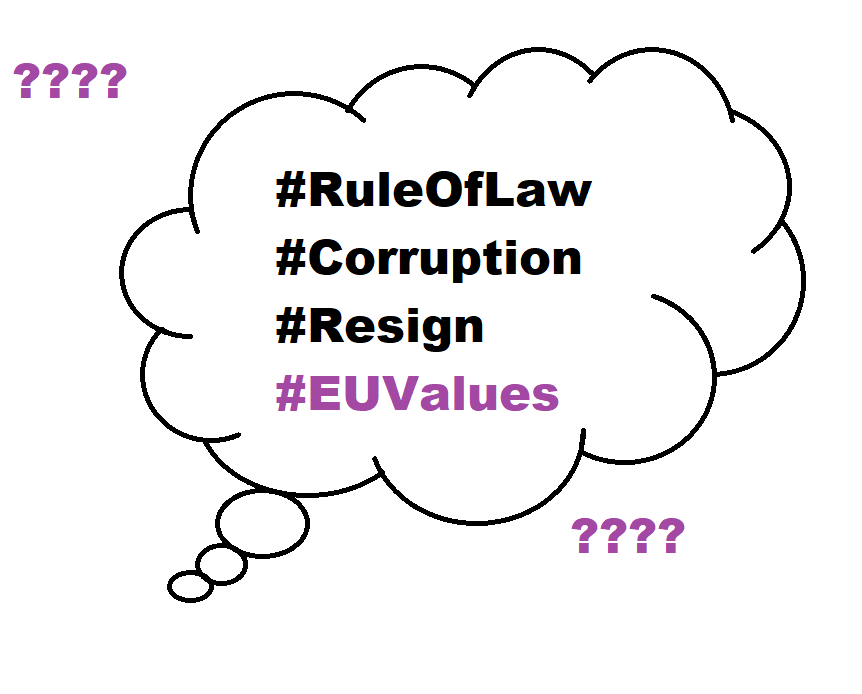



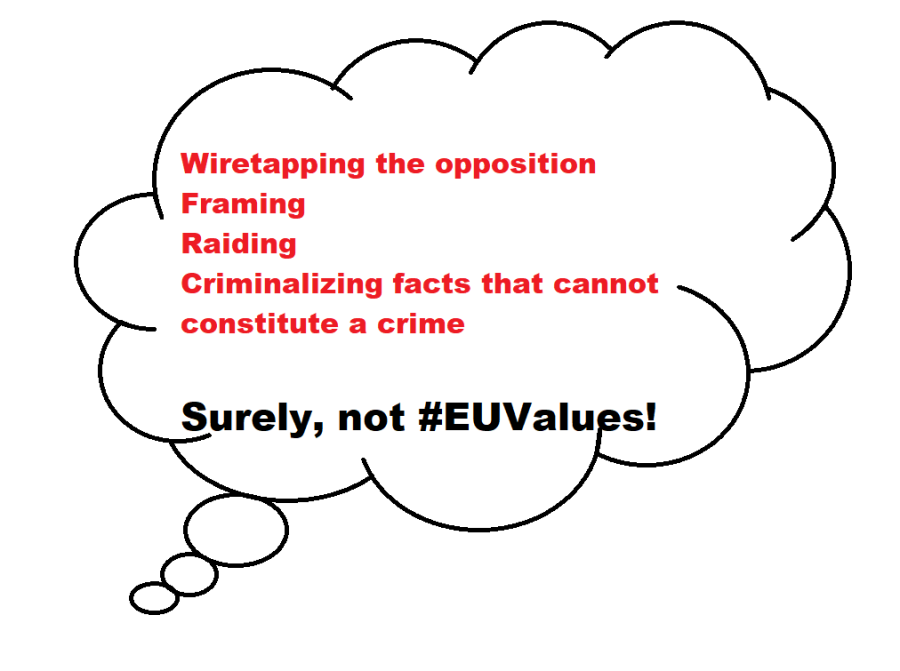

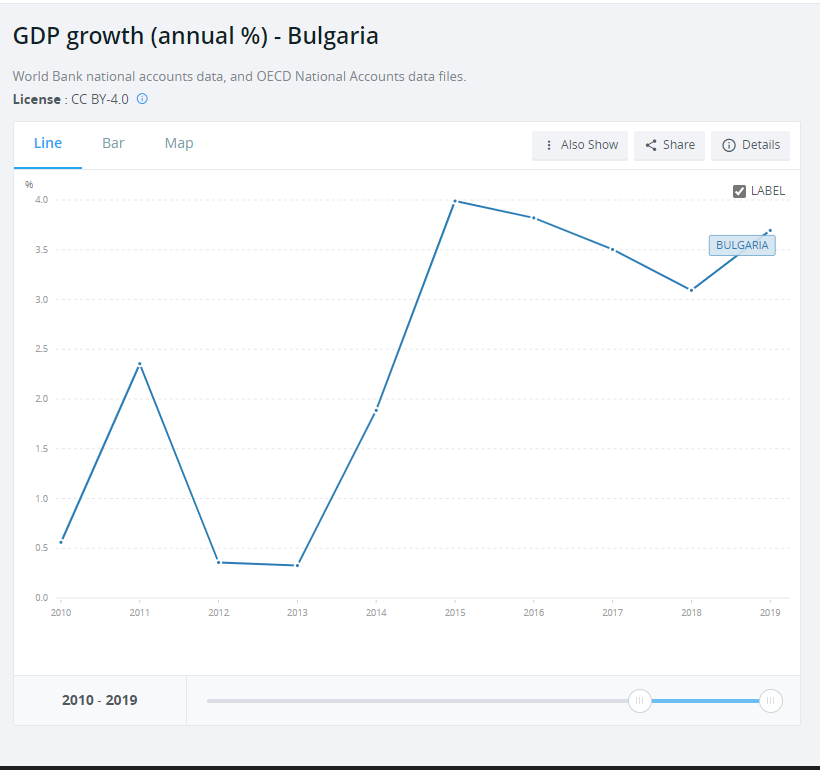



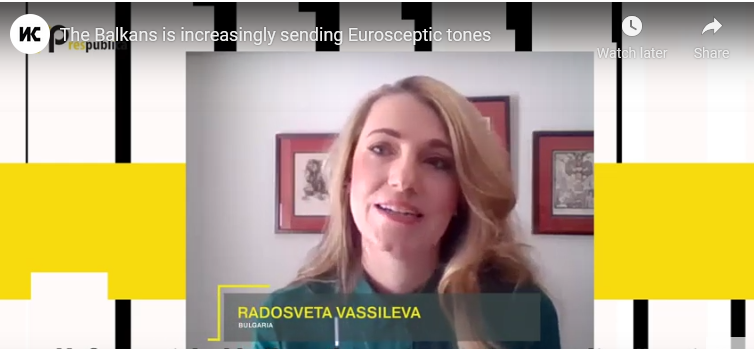
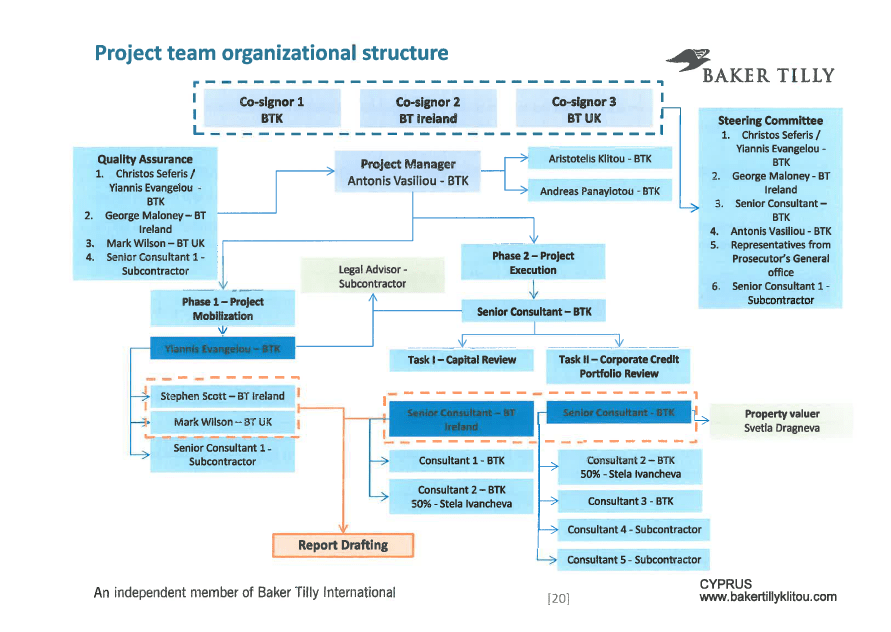
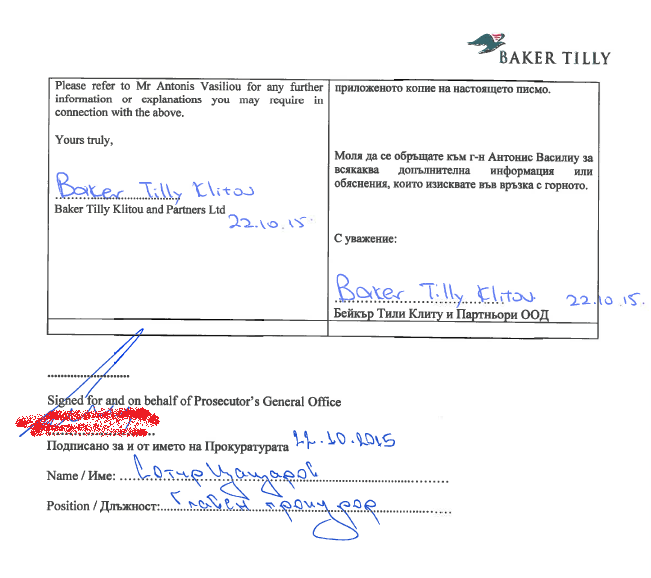
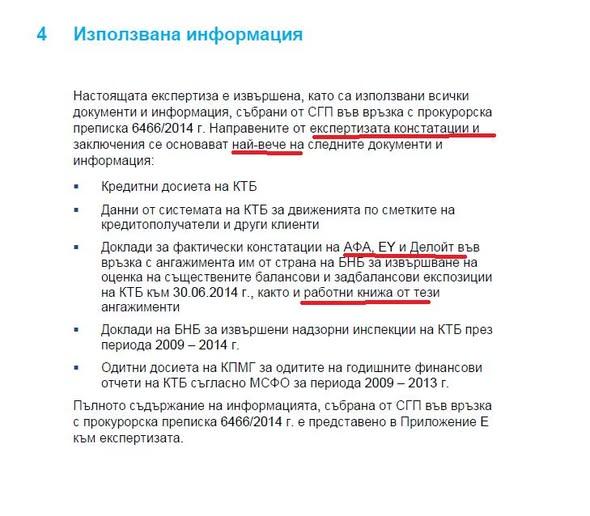
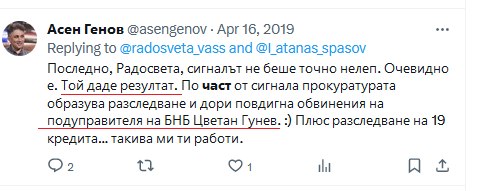
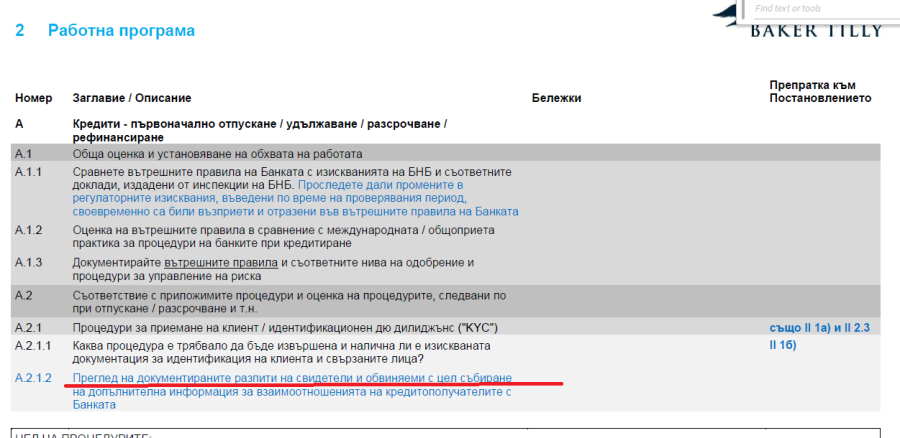
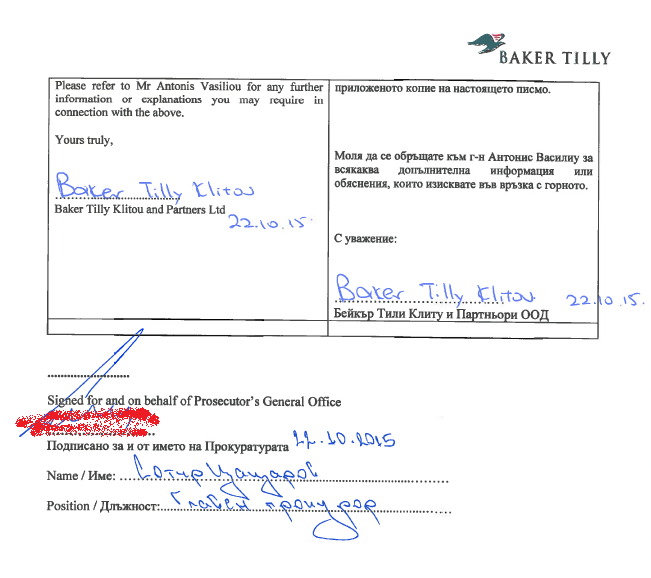
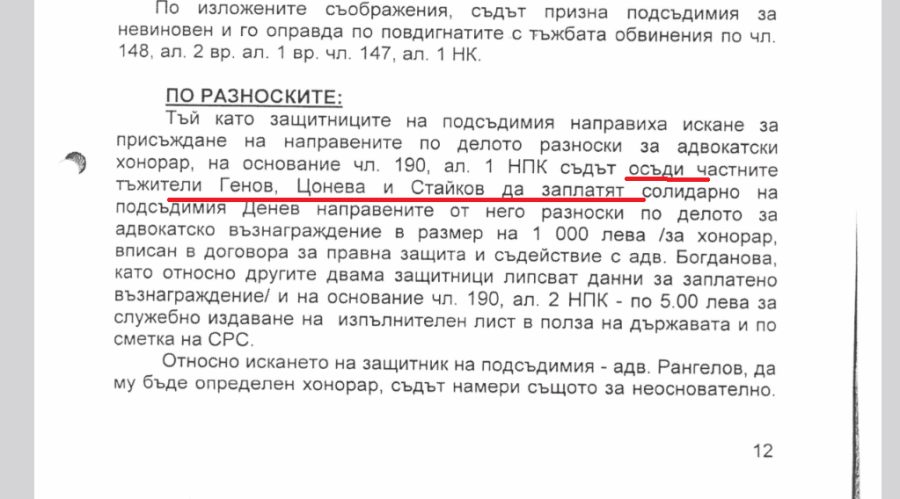
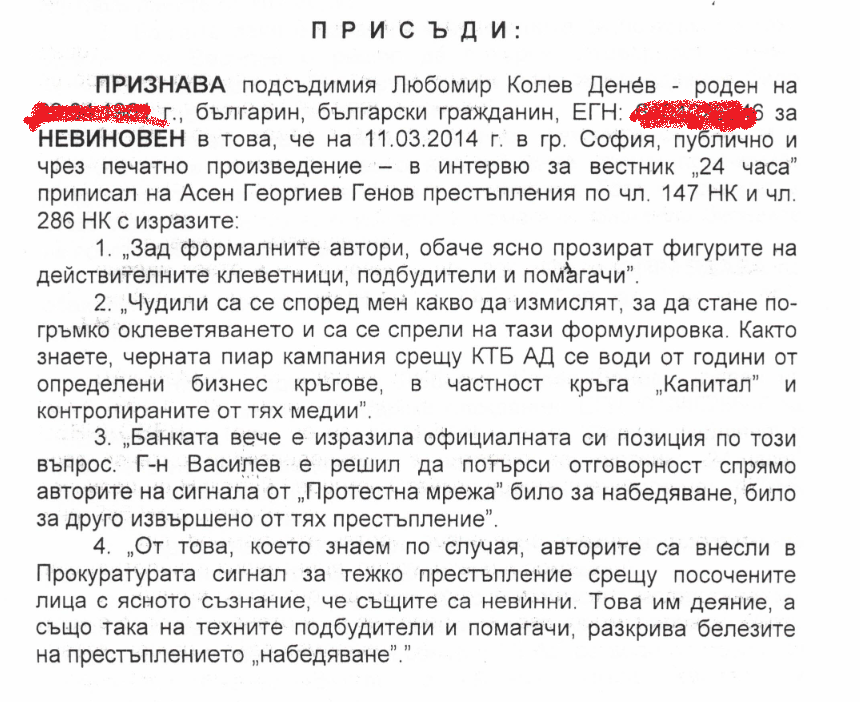






You must be logged in to post a comment.